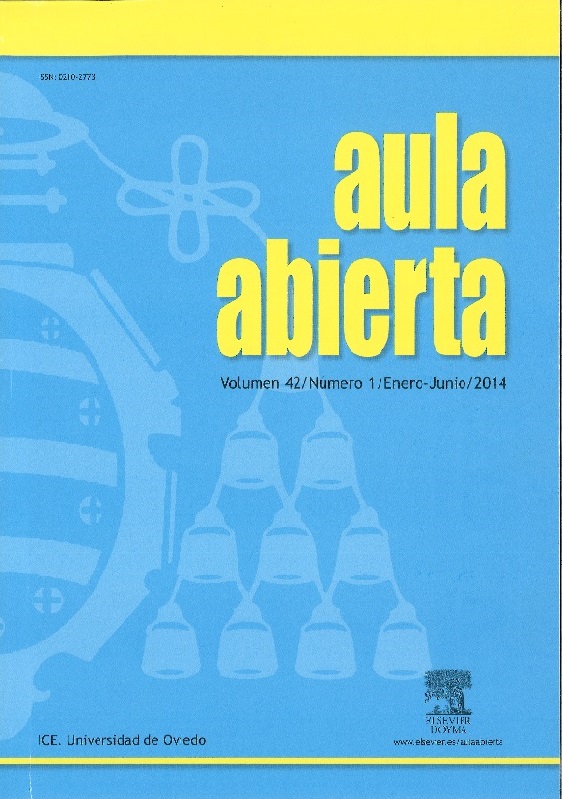Abstract
The aims of this paper are, firstly, to analyze inequality, based on gender and age, as regards the participation of the non-traditional learners in higher education (HE), and secondly, to identify the main barriers and facilitating factors for this group in undertaking HE. The methodology combines secondary analysis of educational statistics and a case study on two degrees at the Universidad de Sevilla, which are characterized by a wider feminization and age heterogeneity. Results show that gender with age and life-cycle concerns means a central factor of inequality in access and academic progress at HE. Main difficulties met by older learners, and in particular by female students, are connected with study-work-life balance problems. Information and communications technologies are presented as the most important factor addressed to overcome these limitations. The heterogeneous profiles among University students pose new demands and challenges for teaching tasks and equal opportunities.Downloads
Download data is not yet available.





